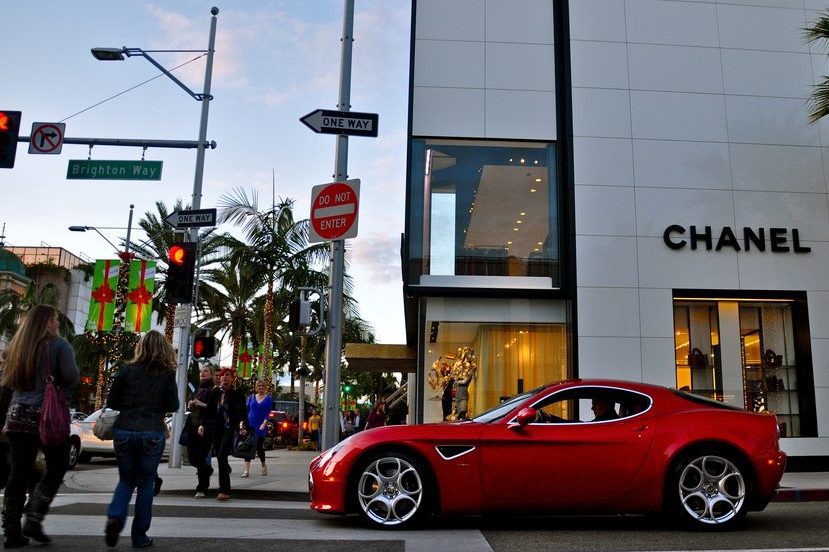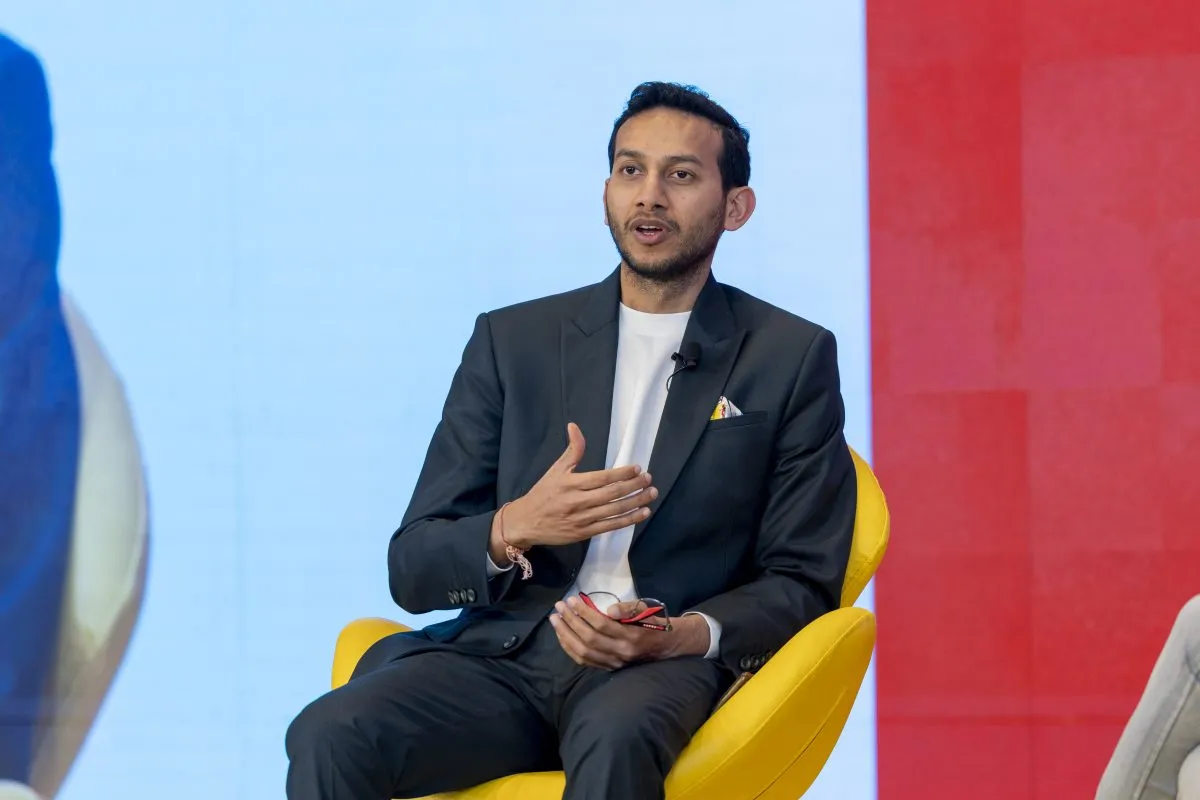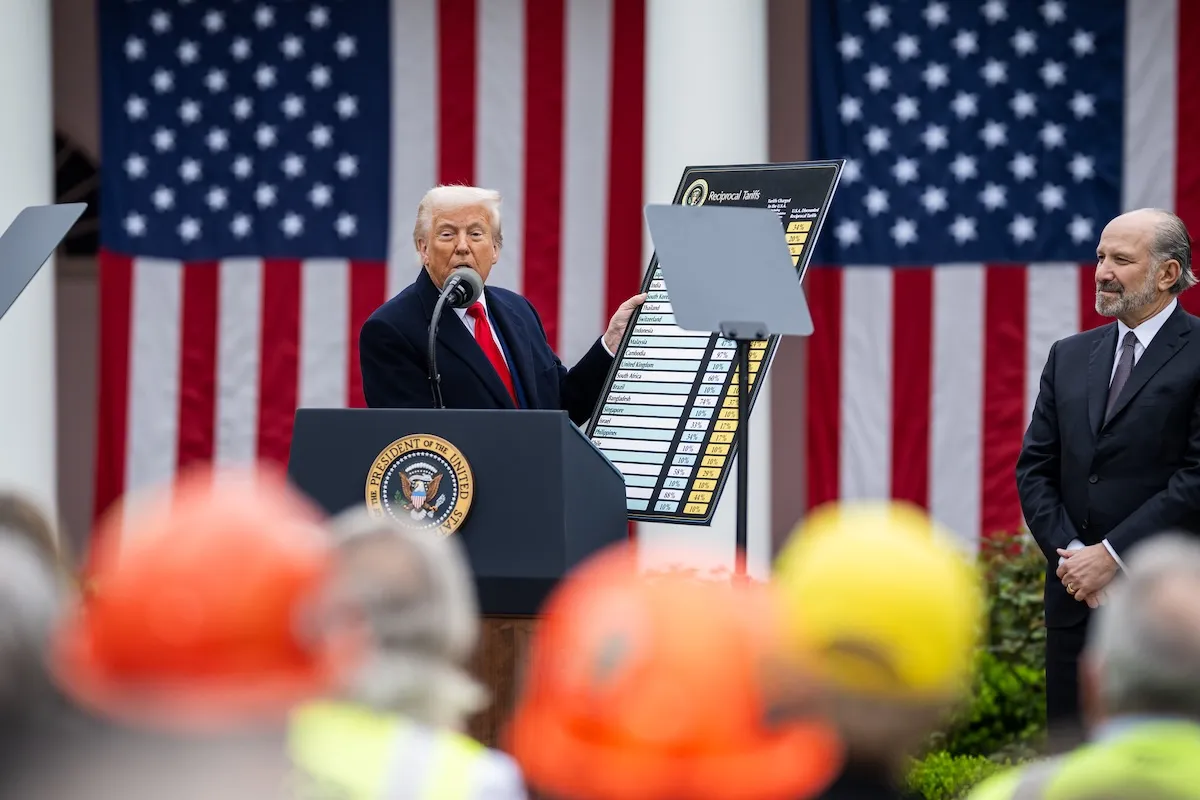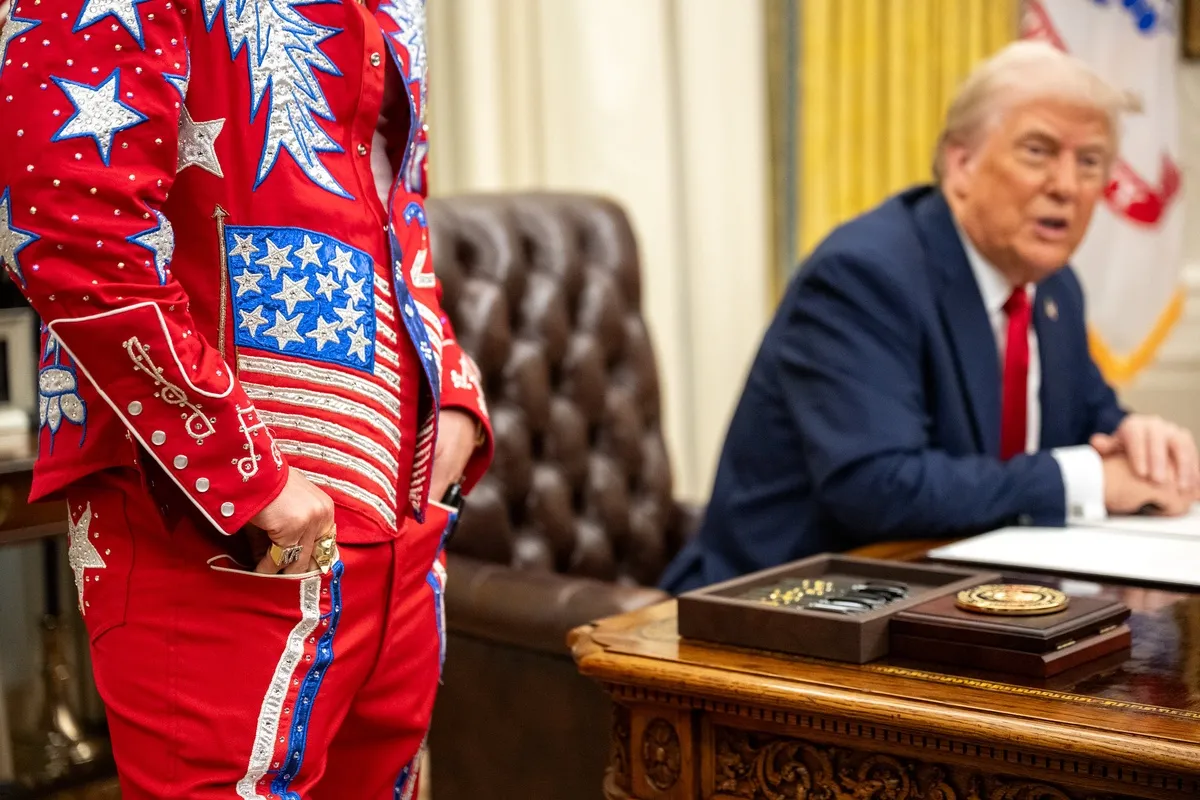Beverly Hills Tourism Gives a Facelift to Its Shopping and Evening Strategy in Amazon Era

Skift Take
Online shopping giants like Amazon have thrown many tourism boards around the world into a quandary.
On the one hand, many tourism boards' budgets are partially funded through local retail shopping and businesses. On the other hand, many brick and mortar retail stores have had to close because they can't compete with the growth of e-commerce sites like Amazon, eBay or Alibaba, for example.
Meanwhile, many tourism boards are trying to revitalize their communities for visitors and locals, offering exciting events and programming that are largely dependent on the local retail shopping ecosystem.
Such is the case for Beverly Hills, California, a destination known worldwide for its luxury shopping, iconic hotels and celebrity residents.
But the Beverly Hills Conference & Visitors Bureau, the city's tourism board, wants travelers to also – some day – consider it as a great place to spend their evenings. In August, the city launched its BOLD (Beverly Hils Open Later Days) campaign that involves retail stores staying open later, restaurant and bar specials, live music and other nighttime programming on Thursday through Sunday nights to entice travelers to spend time in the city after hours compared to other LA nightlife hotspots.
BOLD wasn't launched specifically because of sites like Amazon, although Wagner said e-commerce is impacting local businesses, and there are other factors that impact retail stores and nighttime economies. But the campaign was certainly an opportunity for stores to showcase themselves in a different light and test whether nighttime hours and programming will increase foot traffic and sales.
Wagner said 75 percent of the city's budget comes from local businesses. "Beverly Hills retailers are trying to keep relevant to consumers by offering products and experiences that cannot be seen or bought online," said Wagner.
"Starting with visionary brands Fred Hayman and Giorgio’s, in-store experiences in Beverly Hills celebrate the consumer’s own lifestyle and bring them closer to world-class brands," she said.
Beverly Hills typically gets sleepy after 6 p.m. and the tourism board and mayor's office wants to change that, said Julie Wagner, CEO of the Beverly Hills Conference & Visitors Bureau. "One of the challenges for us and our retailers is they feel that if they open their doors later they need the pay-out immediately," said Wagner.
"Part of the challenge for us is that we’re a city, not a mall," she said. "There are no contracts or anything that can be mandated. It really has to be massaged into being. Retailers said they need more activities and events happening for them to make the investment because they have to pay for additional employees."
U.S. Census Bureau data show that U.S. consumers, for example, spent $111.5 billion on e-commerce sites in the second quarter of 2017, a 16.2 percent increase over the second quarter of 2016. E-commerce sales accounted for nearly nine percent, or $1.2 trillion, of all U.S. retail sales in the June quarter.
Some travel CEOs such as Jim Reid-Anderson, chairman and CEO of Six Flags Entertainment Corp., have recently said their businesses are "Amazon proof" and can't be disrupted by the growth of e-commerce.
But shopping is a major hook for locals and travelers doing in-store retail and souvenir purchases. If they're spending less in destinations because they're buying more products online then that impacts tourism boards' bottom lines, and the hotel and attraction partners they represent.
Turning on the Lights With the Nighttime Economy
Wagner said the first phase of BOLD succeeded in getting tens of thousands of travelers and locals to turn out to shop and experience the area at night.
Most businesses stayed open later, said Wagner, and Beverly Hills restaurants saw a 30 percent increase in revenue year-over-year in August, the same month as the BOLD campaign.
The second phase of BOLD will kick off in late November for the holiday season that will feature later store hours, DJs in the streets, cultural performances and the largest holiday lighting display in Southern California.
The city is also conducting a study on the area's nighttime economy and how to improve and better monetize it. While the city has a lot going for it already and a metro connection project under way that will improve transit options to other parts of LA, ir is studying how its retail, and food and beverage offerings are performing at night and what kinds of options it needs to add.
"I don't know if it's about bars and clubs so much but it needs to be a little bit of that," said Wagner.
The study is timely as a handful of Beverly Hills restaurants have also closed their doors this year or plan to close. Thomas Keller's Bouchon, for example, announced it will close in December. Generally, with fewer food and drink options, many travelers likely feel less incentivized to visit a place at night to shop if they can't grab a drink or quick bite nearby.
Wagner said Beverly Hills is one of the safest cities in the Los Angeles area but it's trying to figure out how to create a nightlife environment and maintain its current safety and brand standards. "We don’t want to alienate our current bread and butter," said Wagner.
"We tend to be pigeon-holed because everyone around the world knows the Beverly Hills luxury brand really well," she said. "But when we step out of the box the community is like, woah, what are you doing here? People are truly concerned about tourists changing the landscape and I’ve seen the community bristle a bit. There's been local opposition to tour buses on Rodeo Drive because people feel they cause traffic on streets that are already too narrow."
Other cities like London are taking a serious look at their nighttime economy and work to make main streets and shopping districts more lively after dark. Beverly Hills and other destinations — albeit, while making progress — are under pressure to ensure visitor spending doesn't drop-off as online shopping increases.
Many are getting creative about how to entice businesses to stay open later and give destinations a nighttime facelift.




